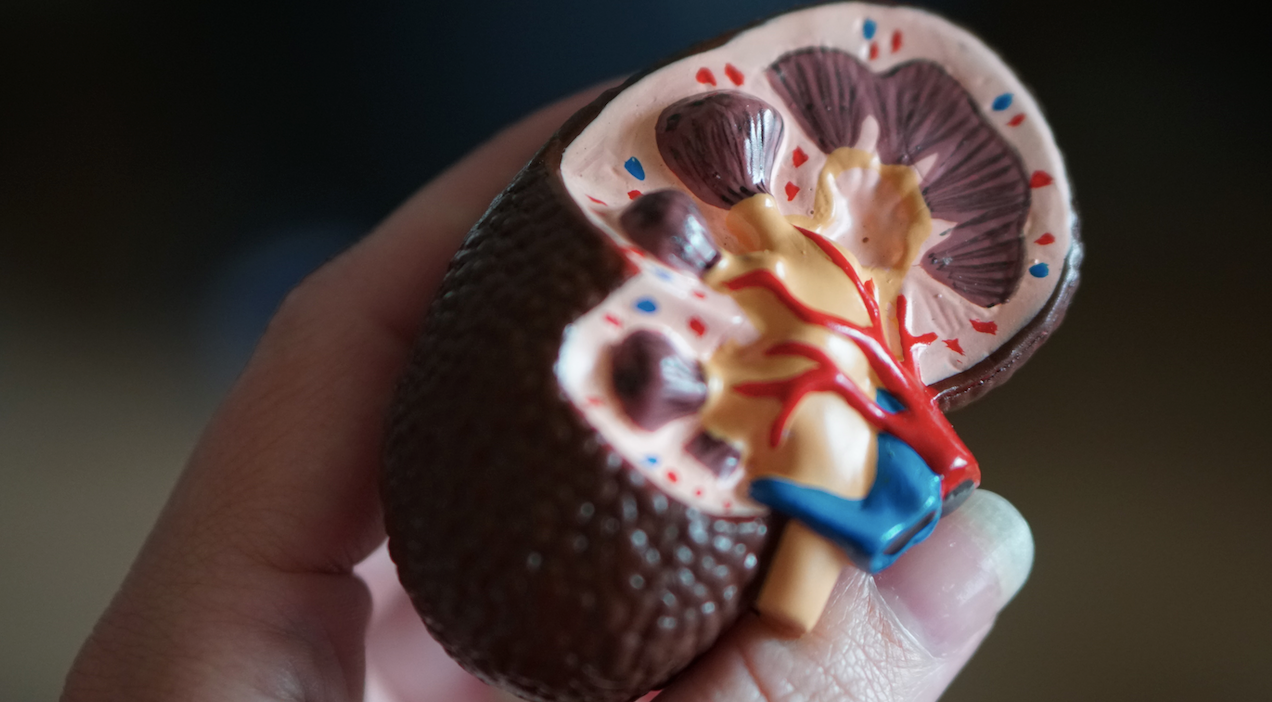Most people assume that a frozen shoulder and a rotator cuff injury are the same things because they both affect the shoulder joint. However, there are crucial differences between the two that can affect the kind of treatment that is required to recover and heal properly. The sooner you recognise what kind of shoulder injury you are suffering from, the less likely you will experience long-term damage. By understanding the differences between these two conditions, you can be more adept at getting the treatment you need.
What is a frozen shoulder?
Frozen shoulder is a condition in which the shoulder joint becomes stiff and painful. The condition may occur after an injury or surgery to the shoulder, but it can also develop without apparent cause. Frozen shoulder is more common in women than men and usually affects people between 40 and 60.
What is a rotator cuff?
A rotator cuff comprises four muscles and tendons that attach the shoulder blade to the upper arm bone. The rotator cuff muscles and tendons help lift the arm. The rotator cuff can become irritated or inflamed, often due to overuse. This condition is known as rotator cuff tendonitis. In some cases, the tendon may tear. A rotator cuff tear can cause pain and weakness in the shoulder.

Differences Between Frozen Shoulder and Rotator Cuff Injury
Frozen shoulder and rotator cuff are both conditions that affect the shoulder joint. However, they differ in several ways.
Frozen shoulder is characterized by stiffness and pain in the shoulder joint, while rotator cuff problems typically involve irritation or inflammation of the muscles and tendons. Frozen shoulder is more common in women and usually affects people between the ages of 40 and 60, while rotator cuff issues can occur at any age. Treatment for frozen shoulder typically involves physical therapy, while rotator cuff problems may be treated with rest, ice, and medication.
A rotator cuff injury most often involves a rotator cuff tear. A rotator cuff tear can occur due to overuse, injury, or aging. A rotator cuff tear symptoms include pain, weakness, and limited range of motion. Treatment options include rest, ice, and physical therapy. Surgery may also be necessary in some cases.
If you're experiencing shoulder pain, it can be good to invest in adaptive wear such as shoulder surgery shirts since such clothes are designed to be comfortable for your shoulder joints and muscles to boost support and recovery, even if you choose not to undergo surgery.
Surgery for Frozen Shoulder and Rotator Cuff Injury
It is not uncommon for patients to require surgery for either of these shoulder surgeries. Some may also have to undergo surgery at the same time. Many orthopedic surgeons will recommend surgery for both conditions simultaneously to avoid further damage to the shoulder joint.
Frozen shoulder surgery involves the manipulation of the shoulder joint to break up scar tissue that has formed around the joint. This scar tissue can cause the shoulder to become frozen, making it difficult to move.
Rotator cuff surgery is often necessary to repair tears in the tendons or muscles around the shoulder. These tears can be caused by overuse or injury and can lead to pain and weakness in the shoulder.
Surgery for both frozen shoulder and rotator cuff surgery can be done through a small skin incision or open surgery. The type of surgery will depend on the severity of the condition and the surgeon's preference.
Recovery from frozen shoulder and rotator cuff surgery can take several months. Physical therapy will be necessary to help regain strength and range of motion in the shoulder. Most patients can return to their normal activities within six months to a year.
Since a shoulder surgery affects movement significantly, it is essential to be well prepared for the surgery and the post surgery recovery process. One way you can do this is to make sure you have the necessary post surgery clothing that can make the procedure and required recovery a comfortable journey for you. You can check out Reboundwear's shoulder surgery shirts for men and women for easy-to-wear attire to boost your recovery. If you decide to undergo surgery, make sure to buy the necessary shirts for shoulder surgery. You can also check out our blog on "Rotator Cuff Surgery Recovery Tips from Patients" to help you on your recovery journey!
If you are experiencing pain and stiffness in your shoulder, talk to your orthopedic surgeon about whether surgery for a frozen shoulder or rotator cuff is right for you.
Conclusion
So, what’s the difference between a frozen shoulder and a rotator cuff? Frozen shoulder is a condition that typically affects people over 40. The main symptom is pain in the shoulder joint that limits the range of motion. On the other hand, rotator cuff injuries are much more common and can occur at any age. They are caused by tears in the muscles and tendons surrounding the shoulder joint. Symptoms include pain, weakness, and difficulty raising your arm. If you’re experiencing pain in your shoulder, it’s essential to get it checked out by a doctor to determine the cause and receive appropriate treatment. If you decide to pursue surgery, find appropriate post surgery clothing to aid you!








Leave a comment
All comments are moderated before being published.
This site is protected by hCaptcha and the hCaptcha Privacy Policy and Terms of Service apply.